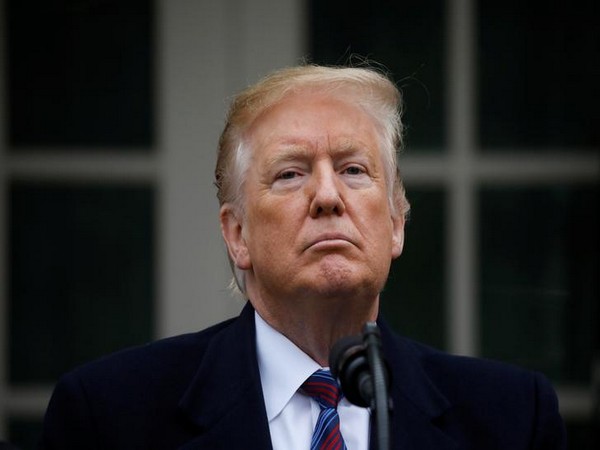U.S. appeals court restores partial blockage of Trump's anti-asylum rule

- Country:
- United States
A U.S. appeals court has for the second time curtailed an effort to put a nationwide halt to a Trump administration policy that blocks most asylum-seekers from gaining entry into the United States, in move that leaves a confusing patchwork of rules along the U.S.-Mexico border.
The ruling from the Ninth U.S. Circuit Court of Appeals, which came out late Tuesday, allows most asylum claims to proceed in California and Arizona - border states under the court's jurisdiction - but allows the virtual ban to take effect in Texas and New Mexico. The shifting rules have added confusion and disorder to the asylum process for migrants reaching the United States, mostly Central Americans fleeing violence and poverty in Guatemala, Honduras and El Salvador.
"This whipsaw effect disserves everyone - border agents and immigration courts to be sure - but most especially, the individuals fleeing persecution and violence who are seeking safe haven at our border," Julie Carpenter, a lawyer with the Counsel at Tahirih Justice Center, an immigrant advocacy group, said in a statement. Some cases are now being determined simply by virtue of the date or location they were filed rather than whether the migrants involved have a credible fear of a forced return to their homeland, advocates say.
The Justice Department did not immediately respond to a request for comment. The rule, announced on July 15, would drastically reduce the number eligible for asylum by requiring migrants to seek refuge first in countries they traveled through before arriving at the U.S. border.
With a record number of Central American families arriving at the southern border this year, that would mean many would have to apply for asylum in transit countries like Guatemala or Mexico that have few resources to handle applications. As a result of legal challenges and court rulings the anti-asylum rule has gone through a dizzying process: It was halted by a U.S. judge in all four border states, then the appeals court said it could only be blocked in two states, then it was blocked more broadly again by the same district judge and now once again the appeals court narrowed its application.
Meanwhile, the administration of U.S. President Donald Trump is asking the U.S. Supreme Court to intervene to allow the government to enforce the restrictions nationwide. The Supreme Court could act on the application at any time.
Also Read: Donald Trump gets statue in wife's homeland of Slovenia
(This story has not been edited by Devdiscourse staff and is auto-generated from a syndicated feed.)
ALSO READ
Meeting between Bhagwant Mann, Sanjay Singh, Arvind Kejriwal cancelled for security reasons: Tihar Jail administration
Chhatrapati Sambhajinagar administration to assess water situation, determine need for fodder camps
Kandhamal administration installs selfie points, organises Rangoli competitions to attract voters
Biden administration imposes first-ever national drinking water limits on toxic PFAS
Guatemala's president issues natural disaster declaration as 44 forest fires rage on










